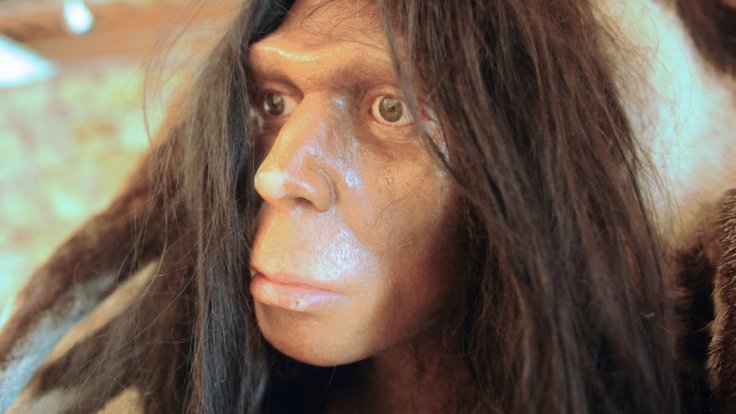
Recently scientists made an astounding discovery that says, we, all the modern humans, actually come from one single solitary pair that existed on the face of Earth around 100,000 to 200,000 years ago. The experts conducted a scientific survey on about five million animals' 'bar codes' that belonged to 100,000 different species. which also included humans. As a result, they discovered that we actually descend from one single pair of adults, after a massive catastrophe destroyed the human race from Earth almost entirely.
These bar codes, as mentioned earlier, are nothing but some snippets of DNA, which remain at the outside of the living cells' nuclei. These point towards the fact that not only the humans come from a single pair of adults but also as many as nine out of every 10 animal species descend from a single pair too.
This astonishing new report, which basically concludes that all the humans are practically related, was published by the experts from the Rockefeller University and the University of Basel. Mark Stoeckle and David Thaler, who led the study, also added that 90% of the animal species that exist today come from the parents that started giving birth at the same time as the other species' parents, which is around 250 thousand years ago.
As reported by Daily Mail, Dr Stoeckle believes that instead of putting our focus on how different we are, maybe it's time to put stress on the fact that we actually are all related and we should spend more time to discover the resemblance.
The report also puts significant doubt toward the patterns of human evolution. The question that arises from all the information is that why the human life needed to get a restart such a short while ago, as the last extinction, as we know, took place about 65 million years ago during the time of the dinosaurs.
According to the experts, it's possible that the humans have an inbuilt evolutionary process, wherein we actually die out after a period of time and then need to restart the entire process again from scratch and it's important to note that it's not only the humans but almost all the other species as well.
"If a Martian landed on Earth and met a flock of pigeons and a crowd of humans, one would not seem more diverse than the other according to the basic measure of mitochondrial DNA," said Jesse Ausubel, Director of the Program for the Human Environment at The Rockefeller University, reported the publication.
The study also concluded that despite having a higher population and wide geographic locations, humans are actually below average when it comes to genetic diversity.









